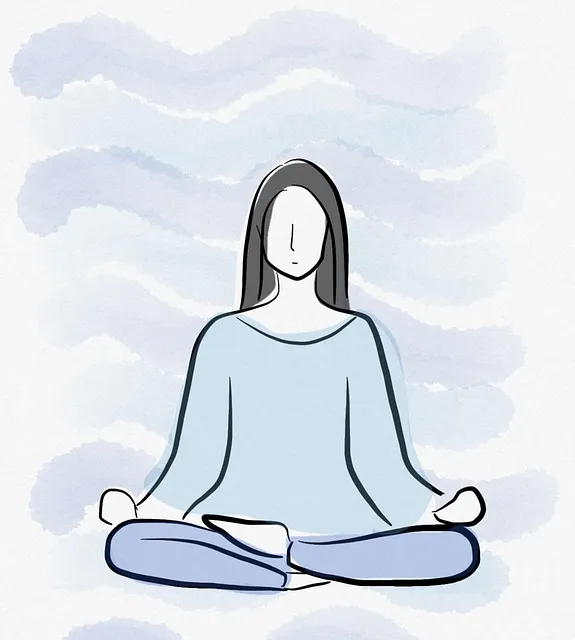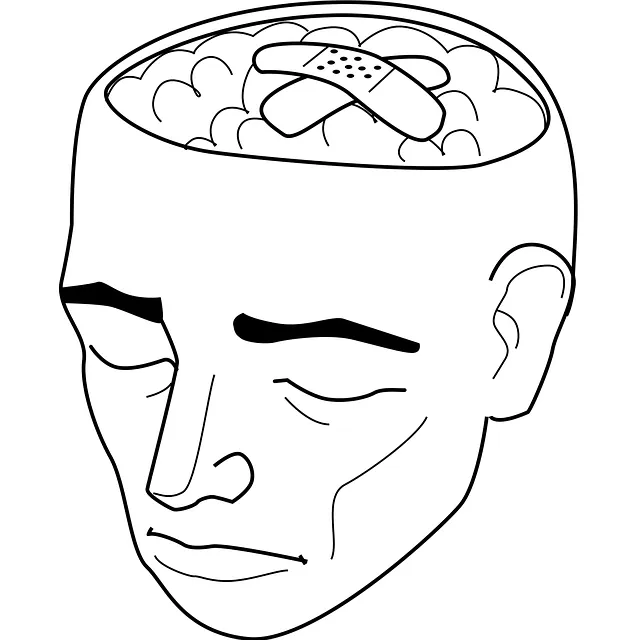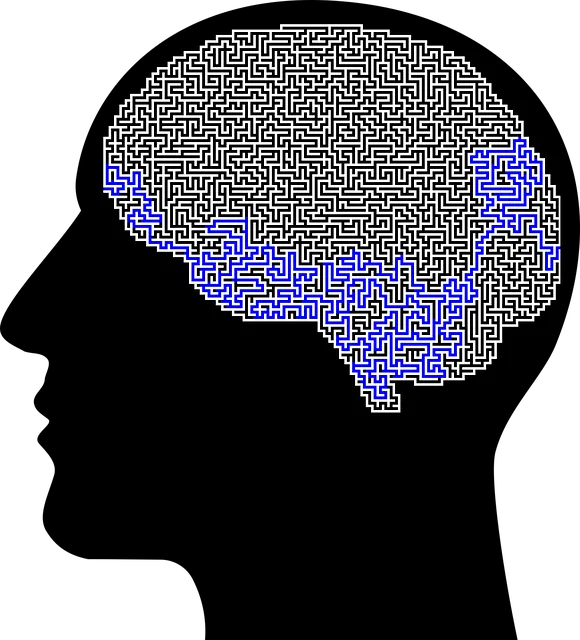Understanding your mental wellness needs is key to creating a superior self-care routine, as advocated by resources like the Kaiser Permanente mental health number. This involves personalizing practices such as mindfulness, physical activities, and creative outlets based on individual preferences and lifestyles. Tracking mental wellness through reflection allows for insights that guide tailored strategies, ensuring adaptability in the face of life's challenges. By integrating non-negotiable self-care steps, even small ones, into daily life, individuals can achieve sustainable mental health improvements.
Developing a robust mental wellness self-care routine is essential for maintaining overall well-being, especially in today’s fast-paced world. Understanding your unique mental wellness needs, inspired by the Kaiser Permanente Mental Health Number, serves as a crucial starting point. This article guides you through crafting a personalized self-care routine tailored to your specific requirements. We explore essential components, integration strategies, and tracking progress techniques, empowering you to embrace superior mental wellness practices for long-term success.
- Understanding Your Mental Wellness Needs: Reflecting on the Kaiser Permanente Mental Health Number
- Creating a Personalized Self-Care Routine: Tailoring to Your Unique Requirements
- Essential Components for Effective Self-Care: Practices and Activities to Incorporate
- Integrating Self-Care into Daily Life: Strategies for Consistency and Sustainability
- Tracking Progress and Adjusting Your Routine: The Power of Reflection and Flexibility
Understanding Your Mental Wellness Needs: Reflecting on the Kaiser Permanente Mental Health Number

Understanding your mental wellness needs is a crucial step towards developing an effective self-care routine. The Kaiser Permanente Mental Health Number serves as a powerful tool to shed light on individual psychological requirements. By assessing this number, one can gain valuable insights into their mental health status and identify areas that require attention. It encourages individuals to prioritize their emotional well-being, just as physical health is regularly monitored and maintained.
This process involves introspecting and acknowledging the various aspects of mental wellness, such as stress management, anxiety relief, and self-esteem improvement, all of which are essential components of the Mind Over Matter principles. By recognizing one’s unique needs, whether it’s managing anxiety, cultivating a positive mindset, or boosting self-confidence, individuals can tailor their self-care practices accordingly, ensuring a more superior and balanced mental state.
Creating a Personalized Self-Care Routine: Tailoring to Your Unique Requirements

Developing a personalized self-care routine is an essential aspect of prioritizing your mental wellness, especially when navigating challenging times or managing a mental illness. Unlike one-size-fits-all approaches, tailoring your self-care practices to your unique needs and preferences can significantly enhance their effectiveness. This process involves introspection and recognizing the specific activities that promote emotional regulation and overall well-being for you personally.
Consider factors such as lifestyle, cultural background, and personal interests when crafting your routine. For instance, incorporating mindfulness practices like meditation or deep breathing exercises might be beneficial for managing stress, while creative outlets like journaling or art therapy can serve as powerful tools for self-expression and processing emotions. Moreover, integrating physical activities aligned with your preferences—be it dancing, hiking, or yoga—can contribute to the reduction of mental illness stigma by fostering a sense of empowerment and community engagement, as encouraged by organizations like Kaiser Permanente.
Essential Components for Effective Self-Care: Practices and Activities to Incorporate

Creating an effective self-care routine is key to managing and enhancing your mental wellness, especially when guided by resources like the Kaiser Permanente mental health number. A robust self-care regimen incorporates a blend of practices tailored to address various aspects of your well-being. Physical activities such as regular exercise or yoga play a significant role in reducing stress and improving mood, thereby promoting emotional regulation. These activities stimulate the release of endorphins, often referred to as ‘feel-good’ hormones, which can provide much-needed anxiety relief.
In addition to physical practices, incorporating mindfulness techniques like meditation or deep breathing exercises into your self-care routine is highly beneficial. These activities help cultivate present-moment awareness and teach you to manage stress responses more effectively. Further, engage in hobbies or creative outlets that bring you joy and a sense of accomplishment, whether it’s painting, writing, reading, or spending time in nature. Consistent efforts to integrate these practices into your daily life will contribute to the development of a sustainable self-care routine for better mental health.
Integrating Self-Care into Daily Life: Strategies for Consistency and Sustainability

Integrating self-care into daily life is a journey that requires commitment and creativity. It’s not about adding one more chore to your schedule but rather carving out time for practices that nurture your mental wellness, much like Kaiser Permanente emphasizes through its mental health number services. Consistency lies in making these activities non-negotiable, even amidst hectic routines. Start small, perhaps with 15 minutes of mindfulness each morning or a short walk during lunch breaks. Sustainability comes from personalizing your routine to align with your lifestyle and preferences. What works for someone else might not suit you; thus, experiment with various self-care strategies like stress management workshops, social skills training, or mental health awareness campaigns to discover what truly resonates. Remember, the goal is not perfection but progress in creating a balanced and healthy lifestyle.
Tracking Progress and Adjusting Your Routine: The Power of Reflection and Flexibility

Tracking your mental wellness journey is a powerful tool for growth and self-awareness. Regular reflection allows you to identify patterns in your mood, energy levels, and overall well-being. This practice can be as simple as journaling or using dedicated apps that monitor sleep, stress, and mood changes. By analyzing these insights, you gain valuable knowledge about what works best for your mental health, guiding adjustments to your self-care routine.
Flexibility is key when developing a sustainable self-care regimen. Life is unpredictable, and it’s important to remember that your mental wellness routine should adapt accordingly. For example, if a particular activity once brought you calmness but now feels draining, consider modifying or replacing it with something new. The Kaiser Permanente mental health number (and similar resources) can offer guidance on effective coping strategies, while Mental Health Education Programs Design and Burnout Prevention Strategies for Healthcare Providers provide valuable insights tailored to professionals. Embracing flexibility ensures your self-care remains relevant and beneficial over time, allowing you to cultivate confidence in managing your mental wellness.
Developing a robust mental wellness self-care routine, guided by the principles outlined by the Kaiser Permanente Mental Health Number, is a powerful tool for fostering superior well-being. By understanding your unique needs and creating a personalized plan, you can integrate essential components such as mindfulness, physical activity, and social connections into your daily life. Consistency and flexibility are key; regularly track your progress and adjust your routine to adapt to changing circumstances. Remember, self-care is not just a practice but an investment in your overall mental health and happiness.






